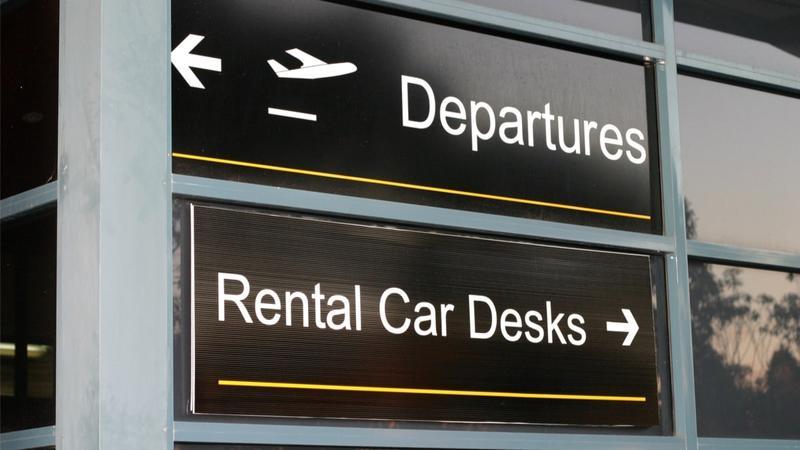When you rent a car, it’s important to know where your insurance coverage is coming from in case of an accident causing damage to the rented vehicle. At the rental counter, you will be told you need to purchase the coverage offered by the company, while others may tell you that your own car insurance covers you. The truth is that the coverage you need to obtain for a rental car depends on which options you have added to your policy and on where you will be driving.
Rental Car Coverage Included in Your Policy
It is possible to have the coverage on your policy transfer over to the car you are renting. In most cases, you will need to have added this as an option on your policy; do not assume that it comes standard! Rental car coverage details differ from company to company so be sure to read the fine print on the option before you add it to your policy.
In most cases it will cost you less to include rental car coverage on your insurance policy ahead of time than to purchase the daily coverage offered by the rental company when you get there. If you rent cars regularly, this option that will save you a great deal of money in the long run.
There are limits to how the rental car coverage on your policy will protect you, including the type of rental vehicle (recreational vehicles, for example, or large trucks are usually not covered), the maximum claim possible and who can drive the vehicle. Also, the insurance will also only cover you in certain locations; outside of Canada and the US you can expect to need a separate policy.
Other Options for Coverage
Many credit cards offer some coverage for rental cars, but there are caveats. In order for the coverage to be provided, you must pay for the entire rental on the credit card in question. Every card differs as to how much and what type of coverage is available; contact your credit card company to verify your benefits. If the coverage does not provide both liability and collision coverage, you may want to purchase additional coverage.
Rental car companies will offer you their own coverage when you rent the car. This is usually a daily rate that can add up fast. There are situations where it is a wise choice to purchase the coverage to protect yourself. If the limits on your own insurance policy are not high enough or if it does not provide for full coverage on the vehicle, consider buying this extra coverage.
There are also third party car insurance companies who sell rental car coverage policies for physical damage to rental vehicles that can be used in conjunction with your other available coverage.
How an Accident in a Rental Car Affects Your Rates
One question many people forget to ask is how an accident in a rental car and a claim against rental car coverage will affect car insurance rates. It’s important to know your insurance company’s policy on this before you rent. In some cases, a claim against rental car coverage will not result in an increase in premiums – but this depends on the insurance company’s underwriting rules. Some companies will increase your rates for an at-fault accident on your driving record no matter who paid out the claim.
Contact your insurance company to verify how they rate for accidents in rental cars and how it will affect your premiums if you make a rental car claim or if you have a claim against a policy purchased elsewhere.
In most cases, purchasing rental car coverage from your car insurance company is the most economical way to ensure you are covered in a rental car. Paying for that rental car on a credit card with rental car coverage can provide an additional layer of protection. If you have good coverage through your own policy, it probably is not necessary to purchase the coverage from the rental car company – but know before you go so you don’t feel pressured or confused at the rental car desk.
Remember that the rental car company won’t be able to answer your questions about your own policy or credit card coverage. Call ahead of time and you can drive assured that your rental car is covered.
